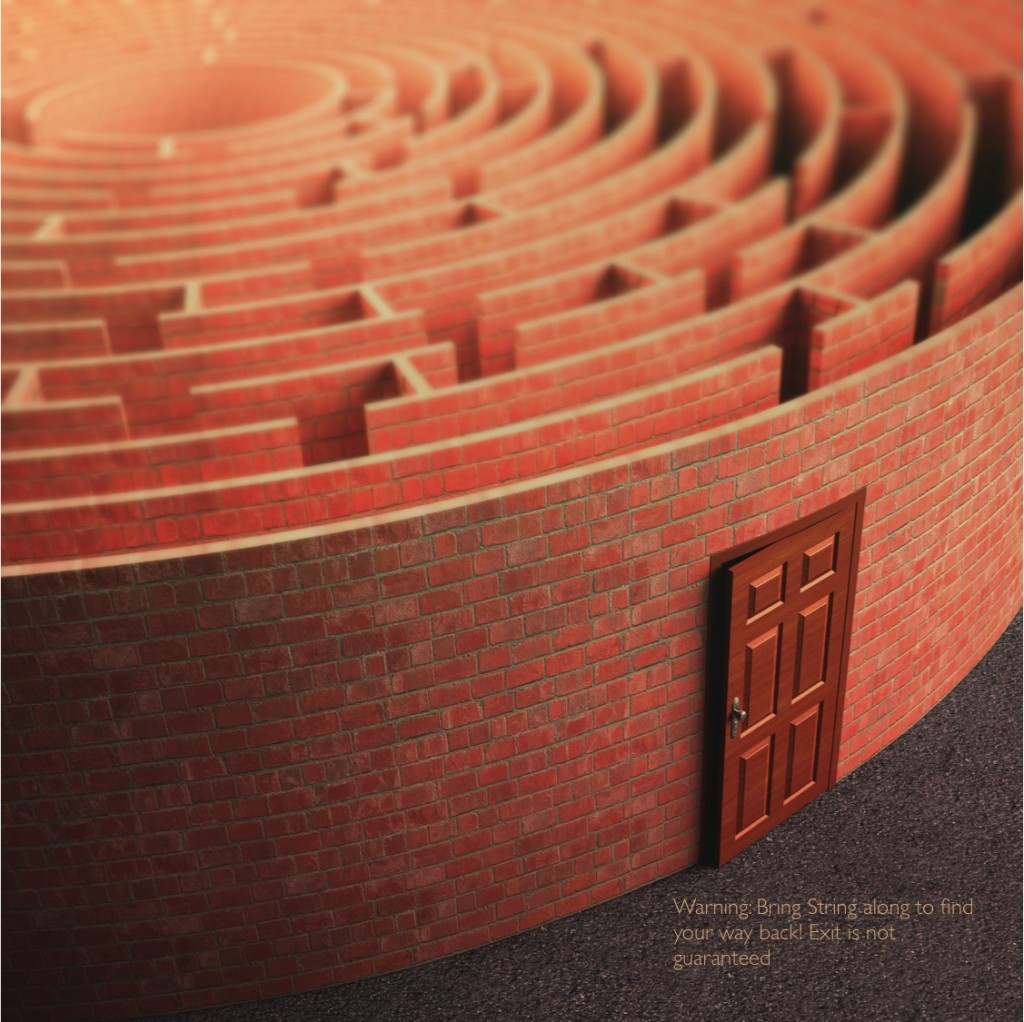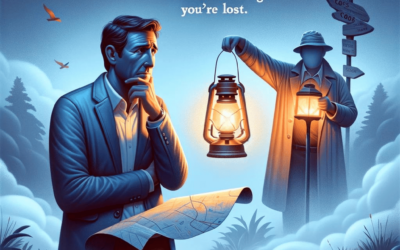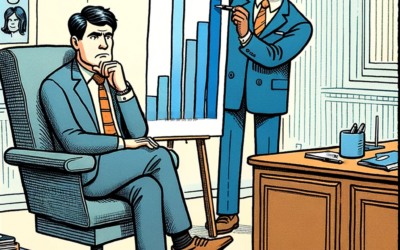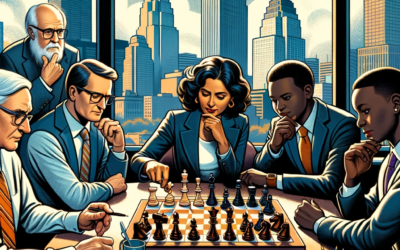 According to myth, Ariadne provided Theseus with a sword and a golden string. He attached the string to the labyrinth’s door, slayed the Minotaur with the sword, and used the string to retrace his steps.
According to myth, Ariadne provided Theseus with a sword and a golden string. He attached the string to the labyrinth’s door, slayed the Minotaur with the sword, and used the string to retrace his steps.
The focus of today’s post is on how you can head into the labyrinth of your past, find what you’re looking for, and then retrace your steps. You may not slay all your demons, but you’ll have a better sense of what they are and where they’re located. You’ll also know what weapons and strengths you have in your arsenal.
According to Victor Frankel, in his seminal book Man’s Search for Meaning, suffering disappears when meaning is present. Today’s goal is to obtain a stronger sense of the most meaningful events of your life and their sequence. You may reduce your own suffering or others in the process. At the very least, you’ll understand why and how you’ve suffered (and succeeded) in the past, and how that might be influencing your actions today.
Build Your Lifeline:
| Description | Think of the high points, low points, and most significant events of your life—from birth until today. Plot each of these points chronologically on graph paper or a worksheet. |
| Purpose / When to use | To identify, sequence, and assess formative biological, physical, and psychological events. |
| Time Allocation | 70 to 90 Minutes |
| Tools | Color Markers or Pens, Graph Paper or Worksheet |
While you can certainly do this lifeline exercise by yourself, it helps to do it with a group and with a facilitator who’s gone through the process before. The facilitator can ask guiding questions to help you recall specific events (“What is a major decision you regret, and why?” or “Who is the first person you ever loved?” or “If you were ever in a physical fight, what was it like?” or “What person’s death had the greatest impact on you, and why?”) Working with a partner forces you to explain your actions in more detail. And sharing responses with a larger group can help you see how your experiences are similar to or different from others’. It may also help you recall formative moments you didn’t think to include.
Step-by-Step Instructions:
1. Facilitator introduces the exercise (5 minutes).
2. Record the formative events of your life. Be sure to include any significant people involved, your specific age, and a brief description of what took place. As you’re completing the exercise, use red, green, or black markers/pens, depending on the nature of the event:
Green – Biological Events
Red – Physical Events
Black – Psychological Events
You may want to do a few trial runs before recording the events on the worksheet in chronological order (30 Minutes).
3. Complete the questionnaire below (10 Minutes).
4. Each participant pairs up with another participant and shares insights; the partner provides reflective insight back (15 Minutes each, 30 Minutes total).
5. Each participant shares their greatest insight with the group (5 Minutes each).
Questions to Ask After Completing the Exercise:
1. How did you feel about yourself at these high points? Why?
2. How did you feel about yourself at the low points? Why?
3. What influence did the people and events you included on your lifeline have on your life?
4. How do you think these events have influenced your career decisions?
Leaders don’t often take time to do this sort of self-discovery. Perhaps they feel like they already have a strong grasp on their life’s “string” or maybe they don’t believe that events that occurred in their distant past have much relevance to the present. If they’re happy and successful, and those who work for them feel their leadership is beyond reproach, then maybe there’s no need to examine the past in detail.
If there’s suffering in the present, though, there’s likely some past event that’s worth examining. The more you know your lifeline, the more you’ll know where to look.



